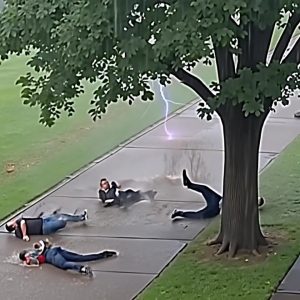Losing someone you love is one of life’s deepest pains. It leaves behind emotional, mental, and even spiritual scars. And during such moments, many people wonder — can we actually sense when death is near? Surprisingly, science suggests we can.
Researchers have found that as the body begins to decompose, it releases a chemical called putrescine — a compound with a distinctly foul odor. While we may not consciously recognize it, our brains pick up on it. The response? A strong urge to get away. It’s an automatic survival reaction, rooted in the same system that controls our “fight-or-flight” instincts.
In a study led by Arnaud Wisman (University of Kent) and Ilan Shira (Arkansas Tech University), participants exposed to putrescine quickly distanced themselves from the source — without knowing why. It wasn’t fear they could name, but their bodies knew something was wrong.
Other research has shown that our brains also react to scents tied to strong emotions. For example, fear-based sweat can trigger alarm responses in others. In much the same way, attraction is driven by sex pheromones.
While pheromones draw us closer, putrescine signals danger. Even if we don’t realize it, our bodies are constantly reading these invisible cues. It’s a reminder of just how powerful — and primal — our sense of smell really is, especially in moments tied to life and death.





